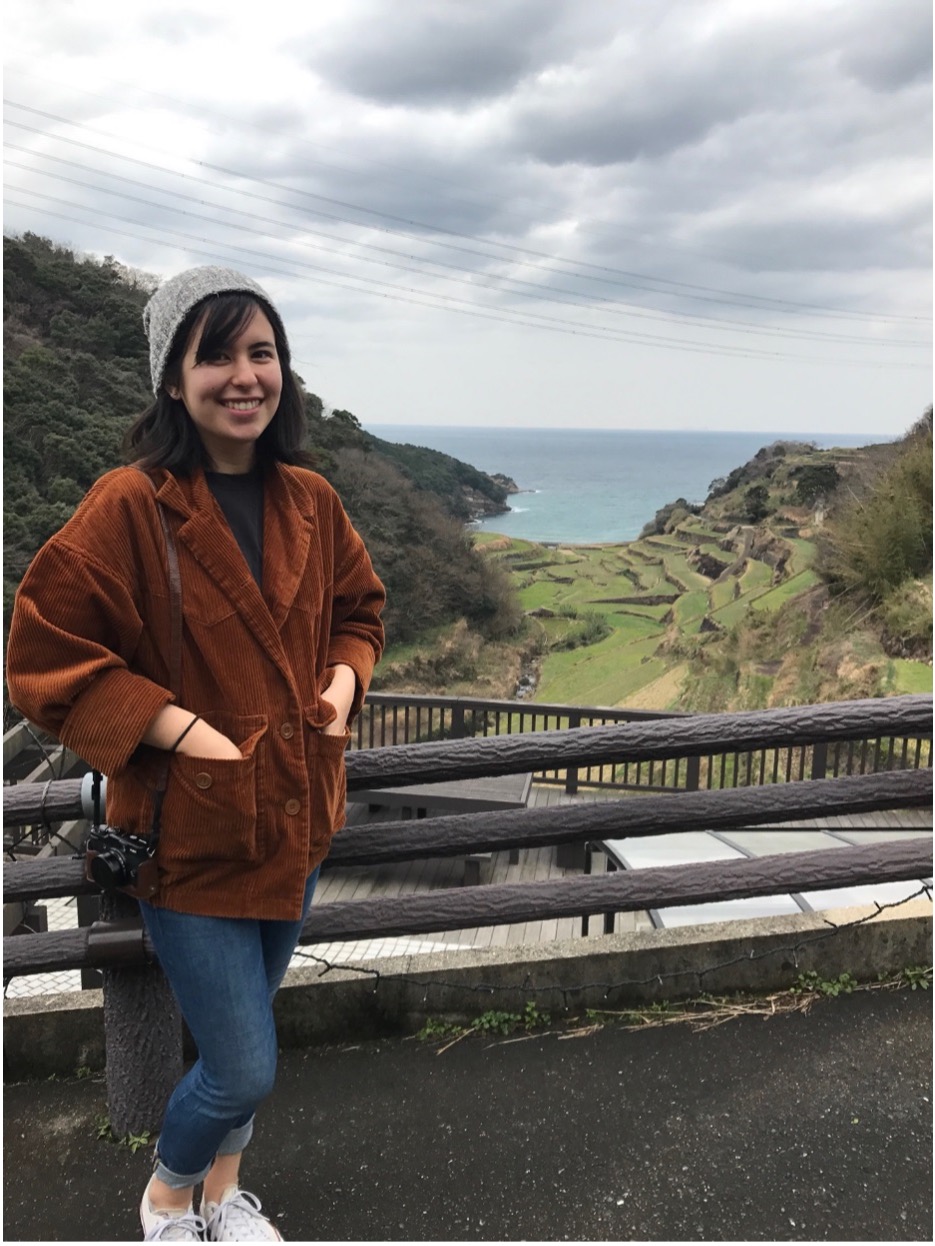Before getting into the details, be aware that most of these scholarships are for after you have achieved an undergraduate degree, if you are a U.S. citizen, and if you have a desire to work with the U.S. government in some capacity. Not all scholarships are this way, so make sure to read the description and eligibility sections well. The search function (Ctrl + F) is your friend to find relevant information for your interests. Links are available so that you may check the official website for the most current information available.
For those without U.S. citizenship here is a list of scholarships and fellowships from Immigrants Rising.
Language & Culture
For students of limited financial means to study or intern abroad to learn critical languages important to national security. Preference is given to military veterans. After the program, Gilman scholars are eligible for 12 months of noncompetitive eligibility hiring status within the federal government.
Government sponsored for the development of culturally and linguistically literate scholars and government officials for the betterment of national security and international relations.
Created to support language study and intercultural competency for languages deemed critical to national security. It is a study abroad program that runs during the summer.
The Fulbright is a fellowship which funds students, researchers, and scholars. Students apply to the Fulbright U.S. Student Program. Faculty apply to the Fulbright U.S. Scholars Program. The UH Mānoa campus deadline usually falls in Early- to Mid-September. UH Mānoa campus interviews are conducted in Mid- to Late-September. Final Application Deadline is in Mid- to Late-October. Applicants will receive notification if they passed in late January to early February of the next year.
The Kluge Center encourages humanistic and social science research that makes use of the Library’s large and varied collections. Interdisciplinary and cross-cultural research is particularly welcome in the Kluge Fellowship program. The fellowship is open to scholars in the humanities, social sciences, and professional fields such as architecture or law.
The Library of Congress Junior Fellows Program is an annual summer internship program that enables undergraduate and graduate students to experience the integrated analog and digital collections and services of the world’s largest, all-inclusive library. Working under the direction of Library curators and specialists in various divisions, fellows explore digital initiatives and increase access to the institution’s unparalleled collections and resources. Fellows are exposed to a broad spectrum of library work: copyright, preservation, reference, access, and information technology. In the past, summer fellows have identified hundreds of historical, literary, artistic, cinematic and musical gems representing the Library’s rich cultural, creative and intellectual assets. No previous experience is necessary, but fellowships are competitive and special skills or knowledge are usually desired. Selections are based on academic achievement, reference calls, and an interview with a selection official.
The USAID Donald M. Payne International Development Graduate Fellowship Program seeks to attract outstanding individuals who are interested in pursuing careers in the Foreign Service of the U.S. Agency for International Development (USAID). The Payne Fellowship, which provides up to $104,000 in benefits over two years for graduate school, internships, and professional development activities, is a unique pathway to the USAID Foreign Service
Specific Countries
Year-long master’s program in global affairs at Beijing’s Tsinghua University, attend lectures, travel around the region, and develop a deeper understanding of China. Highly competitive international application. Prospective scholars demonstrate academic excellence, exceptional results in their field and outstanding leadership qualities.
Teach English in Japan.
Fall Application Period. Applications usually due around early November.
Teach English professionally at an Elementary, Middle or High School in South Korea. EPIK is likely to place teachers in metropolitan areas and requires a B.A. degree and some kind of 100 hour teaching accreditation (TEFL/TESOL/CELTA) if the degree is not related to education.
The Korean government’s National Institute for International Education (NIIED) sponsors international students with the opportunity to conduct advanced studies in undergraduate & graduate programs at high educational institution in the Republic of Korea (South Korea) in order to promote international exchanges in education and mutual friendship between countries. The scholarship is specifically for the starting and completion of a degree program. Due to the assumption that undergraduate students are already enrolled at UH Manoa, undergraduate program information will not be available on this page, but it is still accessible on the official website.
Grantees are required to take Korean language training courses for 1 year at a language institution located on-campus of the domestic (Korean) universities unless they have achieved a language fluency score higher than level 5 in the Test of Proficiency in Korean (TOPIK). Students who have a high proficiency are awarded a special benefit of 100,000KRW.
*UPDATE* The TaLK Program was cancelled in 2021 because of unforeseen complications from the pandemic. Unfortunately, it doesn’t look like the Korean Ministry of Education has plans to restart this program again. Please check their website for updates.
Educational scholarship to help those interested in teaching and in Korea to teach elementary schoolers English in rural areas of South Korea. Position dedicates 15 hours per week teaching after-school classes.
Political Affairs
Aims to attract and prepare outstanding young people for careers in the Foreign Service of the U.S. Department of State. Highly competitive national program, it supports two years of graduate study, internships, mentoring, and professional development activities. Must commit to five years of service after the program.
Supports students who are passionate about public service to attend graduate school. Extremely competitive, the UH Manoa selects for 4 applicants to send to compete with over 800 others across the U.S. Ideal candidates demonstrate leadership, commitment to a career in public service, and a likelihood of success in graduate school.
Funded by the U.S. Department of State, it works to prepare outstanding young people for Foreign Service careers. Highly competitive national program, it supports two years of graduate study, internships, mentoring, and professional development activities. Must commit to five years of service after the program.
STEM
Work with NOAA, receive training in environmental and meteorological sciences. Academic assistance for 2 years of full time study, paid internship with NOAA during the summer.
The program was created to help U.S. citizens to achieve doctoral degrees in science and engineering disciplines of relevance to the Department of Defense.
Must have significant financial need. Please visit site for full details.
Supports graduate degree for students in STEM.


